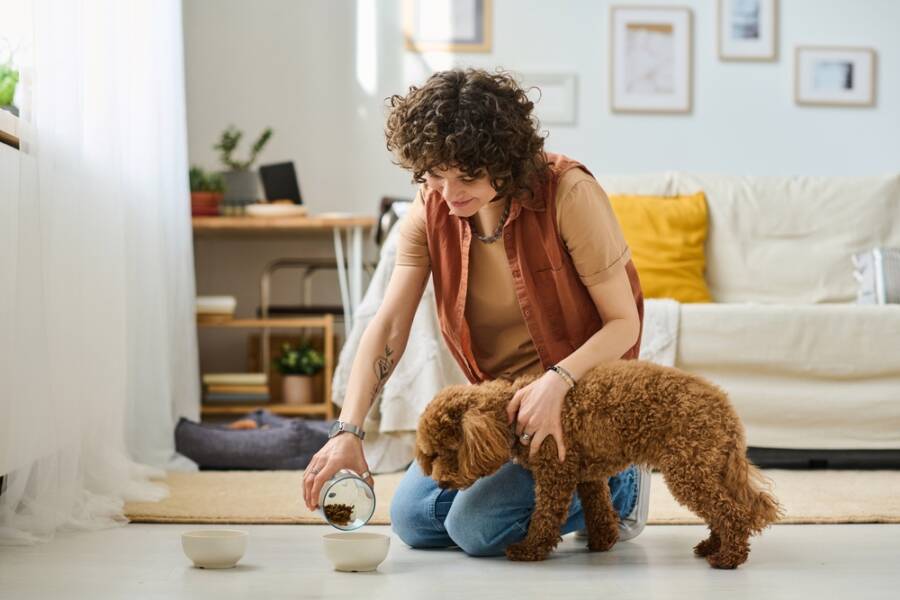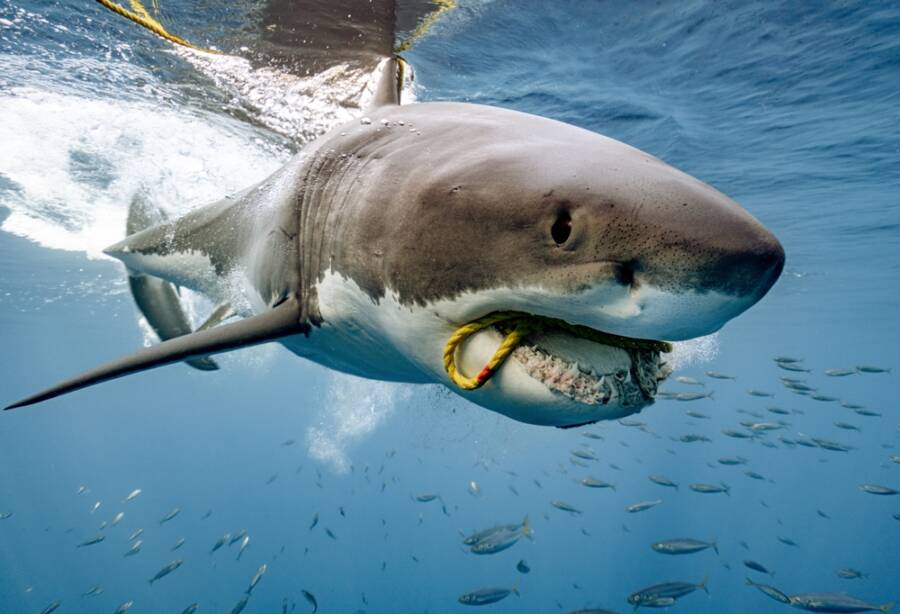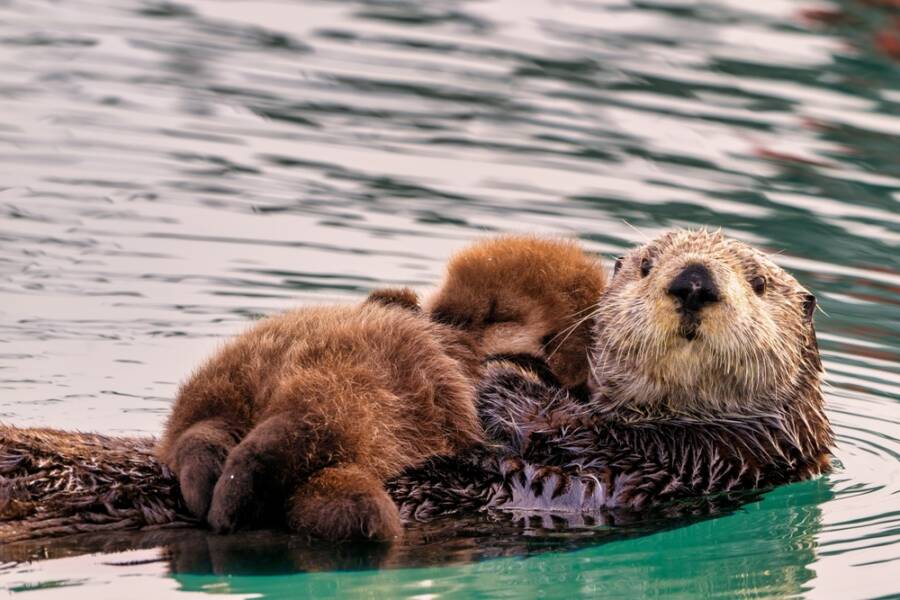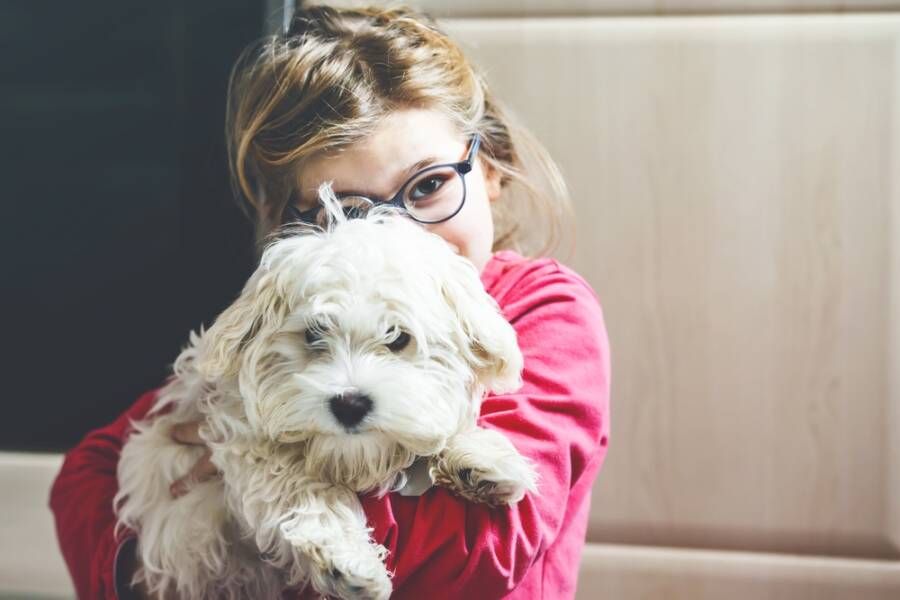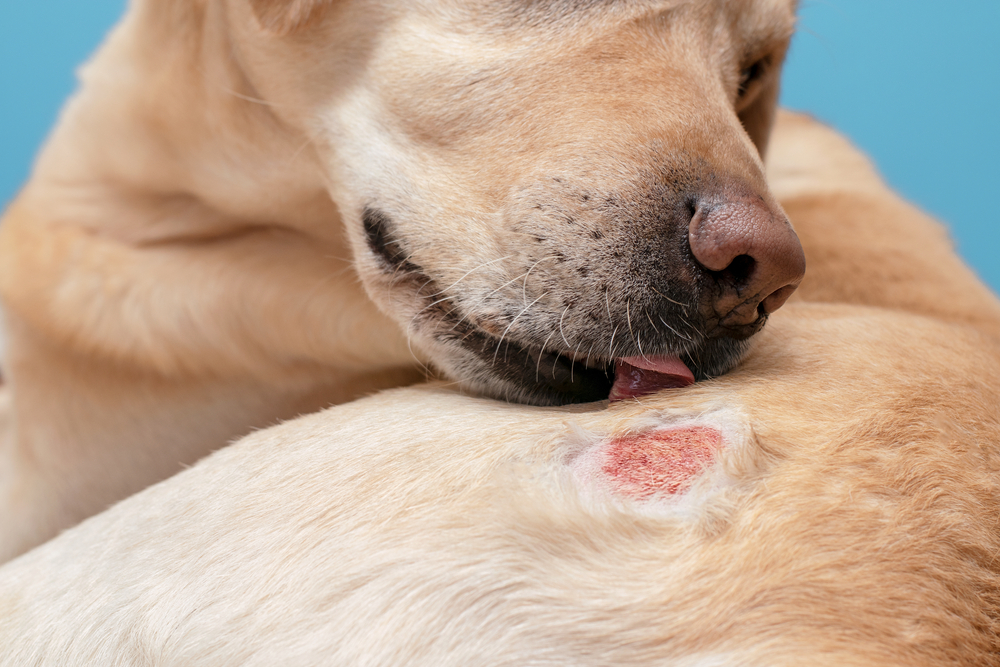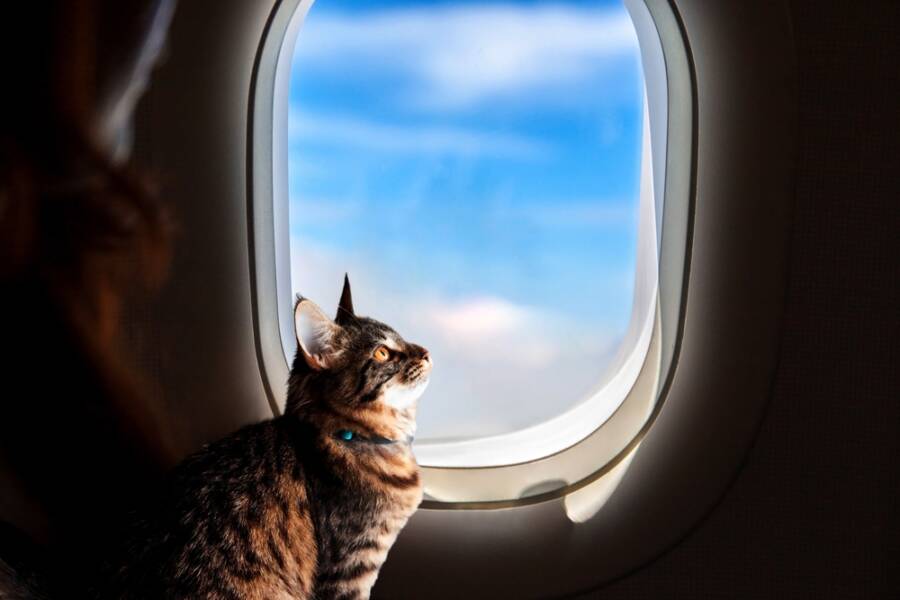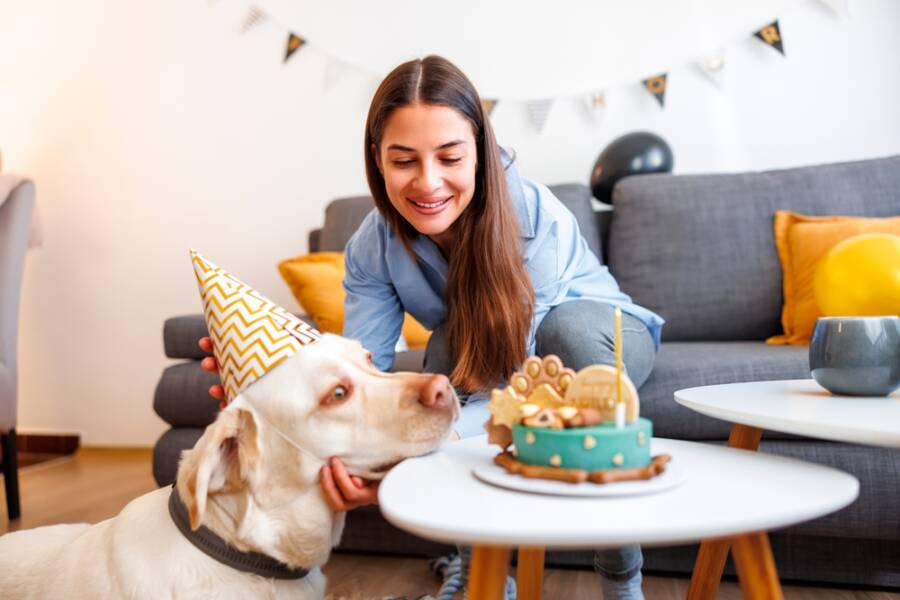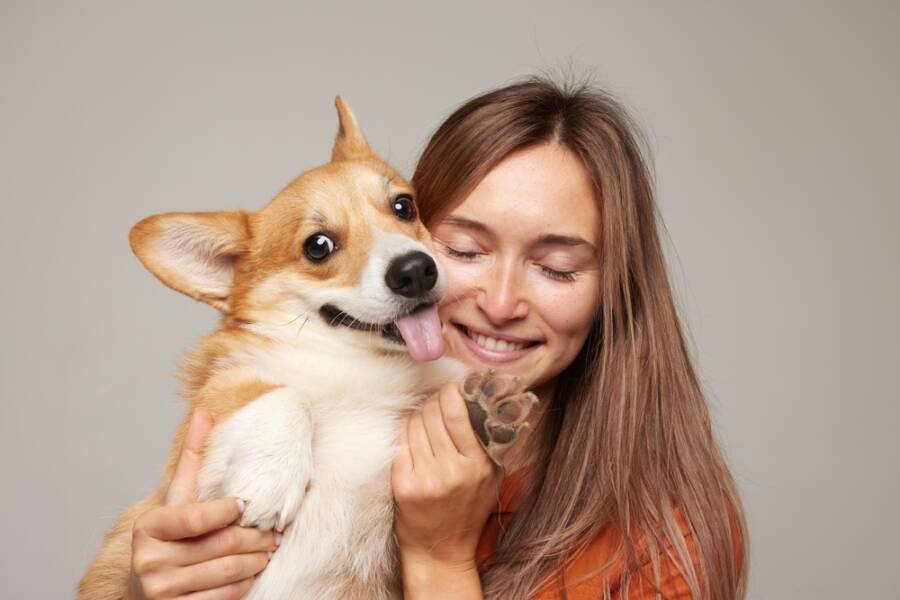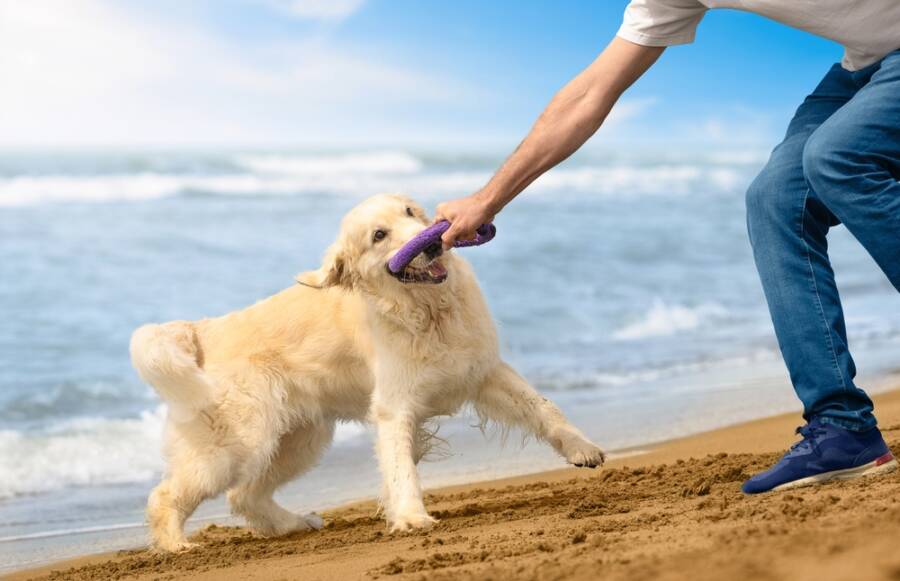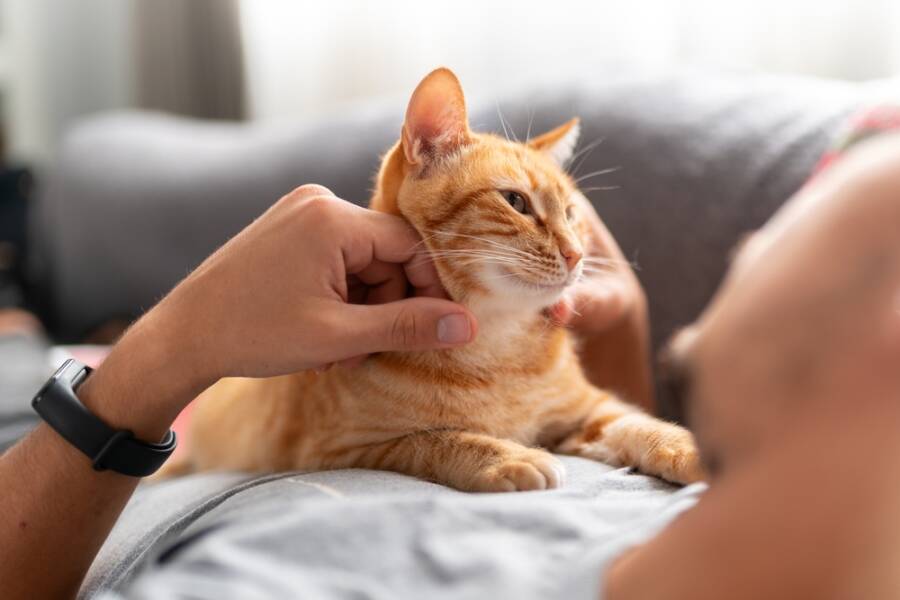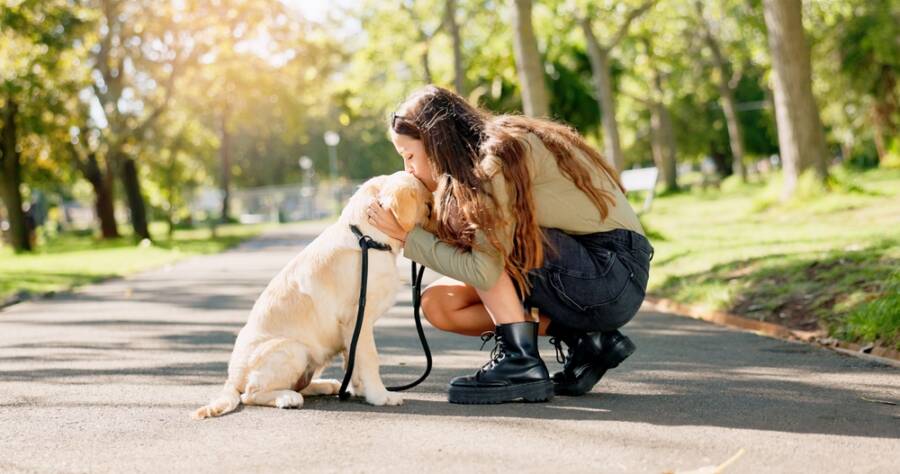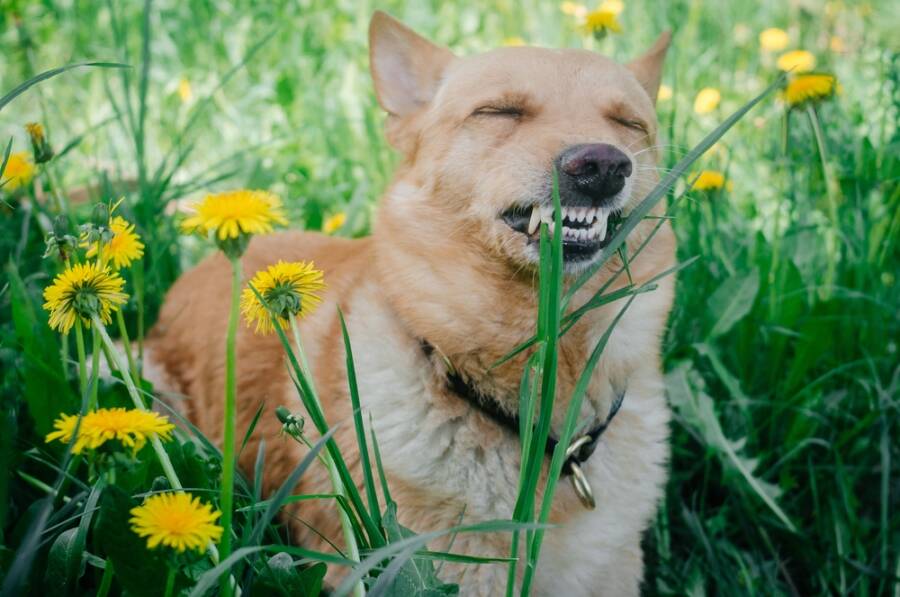Thanksgiving is right around the corner, and that means that we have to mentally prepare for the most delicious dinner of our lives (that we have every year but never have enough of).
But the thing with this dinner is that, as tasty as it is, it’s not always healthy. Moreover, if it’s not healthy for humans, you can only imagine what it can do to dogs and cats.
If you want to find out whether or not you should feed your favorite plush with tasty turkey, here you will find out which foods are toxic and which you easily share with your pet!
Thanksgiving foods that are toxic to dogs and cats
Below, you will find 12 Thanksgiving foods that might cause more harm than good for cats and dogs.
You have to make sure your pet stays away from the dinner table to avoid surprise visits to the vet.
Also, you should try to inform your family and dinner guests that what humans might find tasty can be bad for animals and that they should fight the urge to give into those puppy eyes. Yes, we all know the puppy eyes. They’re hard to resist, but it’s better for the animal.
Onions, garlic, shallots, leeks, and chives
The first question that lingers on everyone’s mind is if dogs can have stuffing or if cats can eat dressing.
Well, as you might know, garlic, onions, and chives are all used as a spice or garnish for Thanksgiving dishes, especially Thanksgiving dressing and stuffing.
But, they are also toxic to dogs and cats. In fact, ingesting the slightest amount of an Allium spp. genus member could cause blood cell damage in both dogs and cats. Illness usually happens when the loss of blood cell function exceeds the body’s capacity to compensate and regenerate those cells.
Ultimately, high doses could cause life-threatening anemia. So there are many reasons why you’d want to avoid giving onions, garlic, shallots, and leeks to pets.
Ham, turkey skin
On Thanksgiving, pet parents should avoid giving fatty foods such as ham, bacon, or poultry skin products to dogs and cats.
As ham and bacon are high in fat, these ingredients might cause pancreatitis, an upset stomach, vomiting, and even diarrhea.
In fact, there’s one study published in the Canadian Veterinary Journal that explains how ingestion of unusual foods (for animals) might raise the chances of getting pancreatitis.
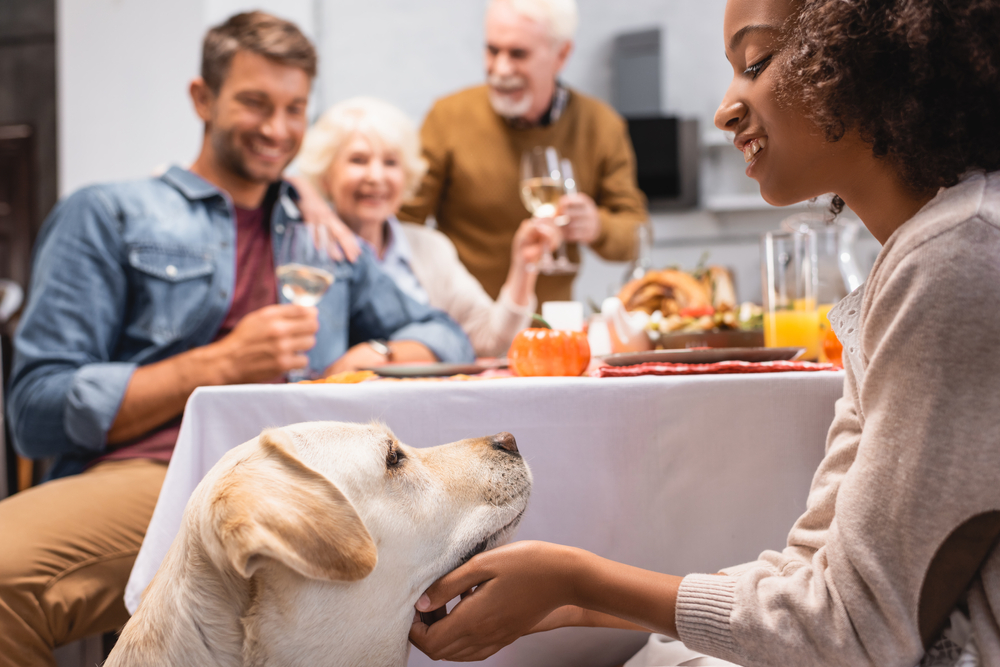
Turkey bones
Another food that dogs should definitely avoid is turkey bones or cooked bones of any kind. Bone shards can be extremely sharp and even cause indigestion in dogs and cats.
Ingestion of bones could also cause vomiting and, in some cases, even obstruction of the bowel.
Sharp bone shards could also cause painful damage to the mucosal walls of the stomach and intestines and perforate the lining of those organs, which would ultimately cause a painful and life-threatening abdominal infection.
Dairy
Mashed potatoes are a great staple for Thanksgiving; that’s undeniable. However, while plain cooked potatoes might be a safe choice for animals, mashed potatoes also contain butter and milk, which makes them a big no-no in terms of animal food.
Plenty of adult dogs and cats lack the enzyme lactase, which ultimately helps break down the lactose in dairy products.
This could also include avoiding ice cream. Lactose, high sugar, and high fat are the worst combination for the vast majority of pets!
Grapes/ raisins
From fruit salads to Waldorf salads and ambrosia, there are plenty of salads served at Thanksgiving that are loaded with grapes and raisins.
Well, grapes, raising, sultanas, and Zante currants are members of the same species known as Vitis vinifera.
It is believed that the tartaric acid in grapes might be responsible for the toxic effects grapes and raisins have on the kidneys of dogs.
The damage can be life-threatening and, in some cases, even irreversible. As it turns out, dogs are the only ones that suffer from grape and raisin toxicosis, even if some studies pointed towards cats and ferrets too. Make sure you keep all dishes with grapes and raisins away from pets!
Desserts and artificial sweeteners
Make sure you avoid sugar-free desserts, too. It has been found that Xylitol, a well-known artificial sweetener, could kill a 65-pound dog.
What happens is that it causes a drop in blood sugar, which ultimately leads to seizures and weakness. It’s just as toxic to cats, and the smallest amount could potentially lead to liver failure in cats and dogs.
Chocolate desserts
As pumpkin pies are the centerpiece of Thanksgiving desserts, lots of people like to make a wide variety of chocolate desserts.
It’s common knowledge that chocolate is highly toxic to dogs, but it’s still worth reminding you close to the holiday that revolves around a wide variety of chocolate desserts!
Coffee and tea
I bet you already bought a pack of deliciously brewed coffee for your guests after the Thanksgiving meal.
And I also think it goes without saying that you shouldn’t share with your or their pets. Animals are much more sensitive to the effects of caffeine, which has methylxanthines and can cause vomiting, seizures, irregular heartbeats, and even fatal diarrhea.
The danger applies to both dogs and cats, so you shouldn’t let your pet get into coffee grounds or tea bags, either.
Macadamia nuts and walnuts
The exact reasons why macadamia nuts aren’t good for dogs are still a mystery. Interestingly enough, other animals aren’t as sensitive as dogs!
However, they are known to cause painful symptoms such as tremors, overheating, vomiting, and even weakness.
The minimum toxic dosage is around 1 nut per 2 pounds of body weight, so for a petite dog, a couple of macadamias could lead to clinical signs.
Fortunately, they won’t cause anything fatal, and most dogs return to normal in 48 hours.
Alcohol
If you’re planning to drink a glass of wine with that tasty dinner, then please, whatever you do, don’t give a sip of alcohol to your pet.
Small amounts of alcohol are incredibly dangerous for cats and dogs, and they can even lead to heart arrhythmia or low blood pressure.
Nutmeg
Is it even Thanksgiving if we don’t stash on nuts to season that tasty pumpkin pie? This wildly famous spice is an essential staple for holidays, but it is absolutely forbidden for cats and dogs.
Nutmeg has myristicin, which can cause hallucinations, high blood pressure, and even seizures.
People would have to take more than one tablespoon of ground nutmeg to experience these effects, but the smallest amount of nutmeg could seriously damage your dog or cat’s health.
Which Thanksgiving foods are safe?
As you can see, lots of Thanksgiving foods are rather dangerous for our furry friends. So the question is: can dogs and cats eat anything at all?
Luckily, they can. Even if most foods are unsafe, there are still a couple of treats that your dog or cat could enjoy, as long as they are in moderation.
Turkey meat
As turkey skin and bones should definitely be avoided, plain turkey meat is fine for them. So if you want to give your cat or dog a plain piece with no fat or seasoning, go ahead. Celebrate Thanksgiving with them!
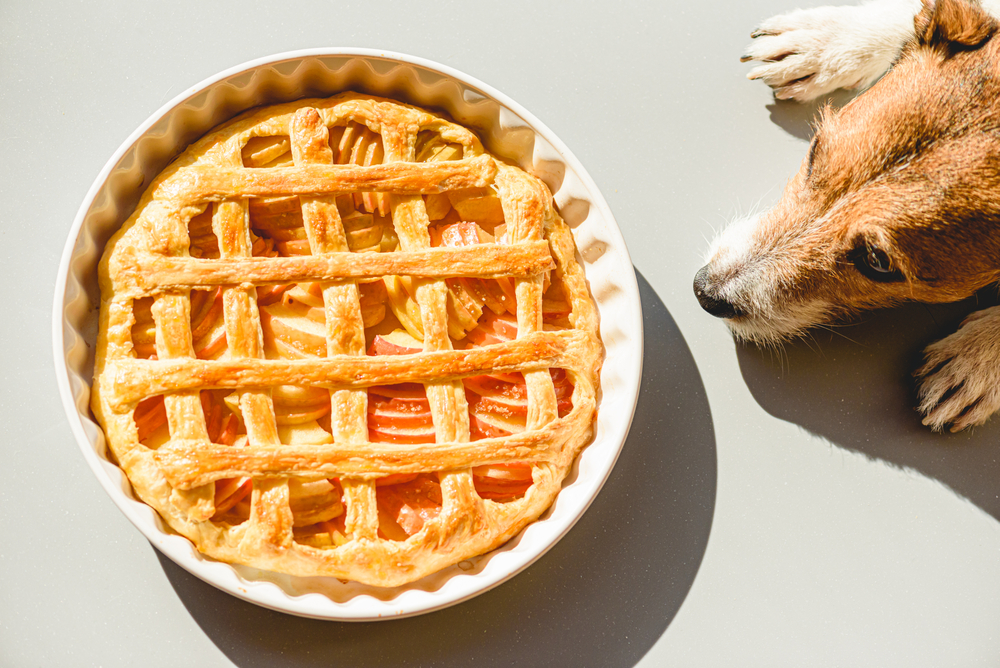
Pumpkin (but not in pie)
By now, we can all agree that pumpkin pie isn’t exactly the healthiest food choice for your dog or cat. But canned pumpkin is just fine.
The only thing you need to watch out for is pumpkin pie filling. But otherwise, pumpkin packs a lot of healthy fiber and vitamins. Moreover, it’s low in calories.
Sage and rosemary
Sage and rosemary are oftentimes used in Thanksgiving cooking, so you will probably be more than happy to hear that these herbs are, in fact, safe for dogs and cats.
So if you share some food with rosemary and sage with your beloved pet, there’s really nothing to worry about.
Plain sweet potatoes and plain potatoes
As I said before, plain and fully cooked potatoes and sweet potatoes are just fine to give to your cat or dog.
Corn
We oftentimes enjoy corn at Thanksgiving, and your cat and dog could, too. However, for your pet, you might want to make sure that it’s plain, not on the cob, and definitely without butter or other types of seasoning.
Green beans
Green beans are also a good choice for your pets. All you have to do is make sure you don’t give your dog or cat any fatty, seasoned green bean casserole that might have onions on it.
Set aside a super small amount of cooked, plain green beans before you add them to your casserole or any other seasonings.
If you enjoyed reading this article, we also recommend reading: 9 Biggest Dog Fears You Didn’t Realize Until Now


